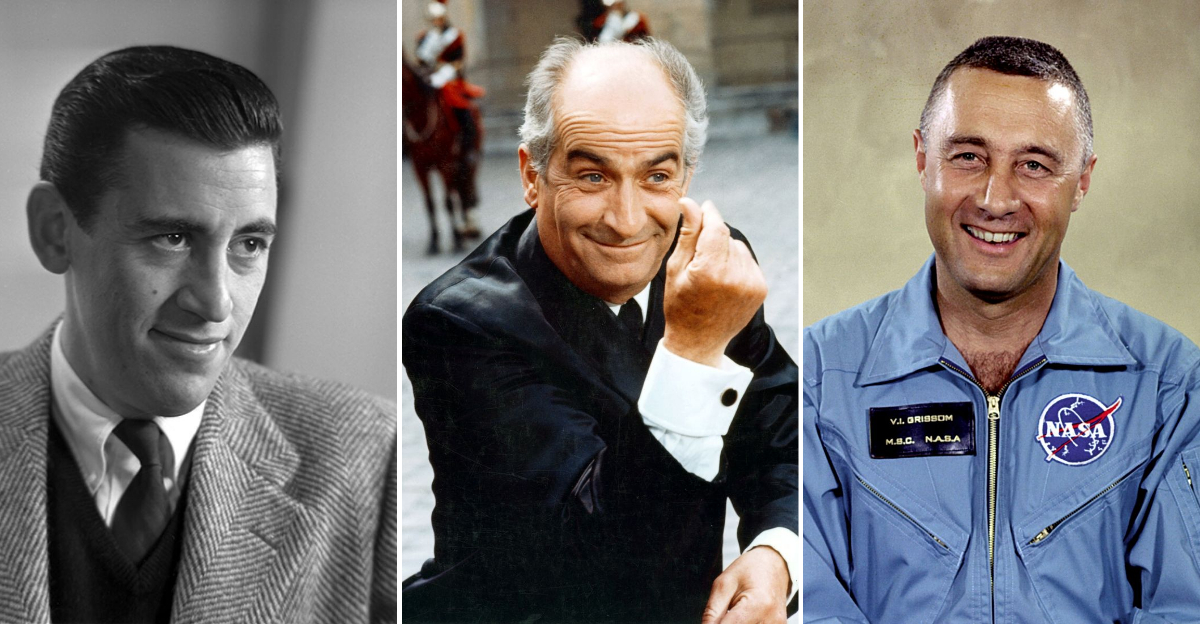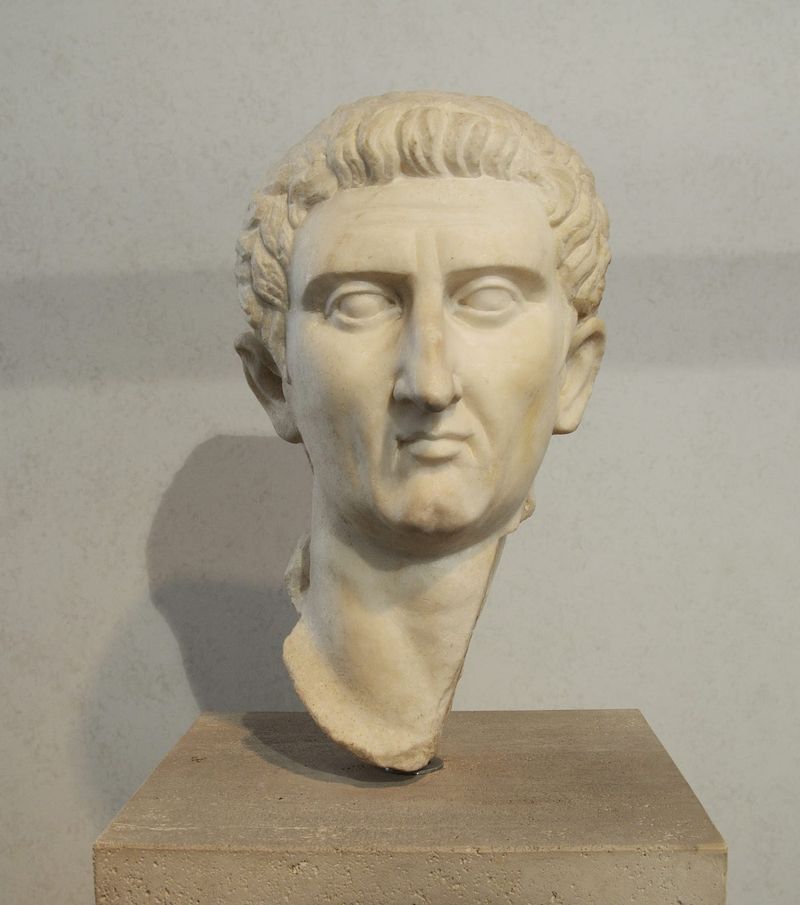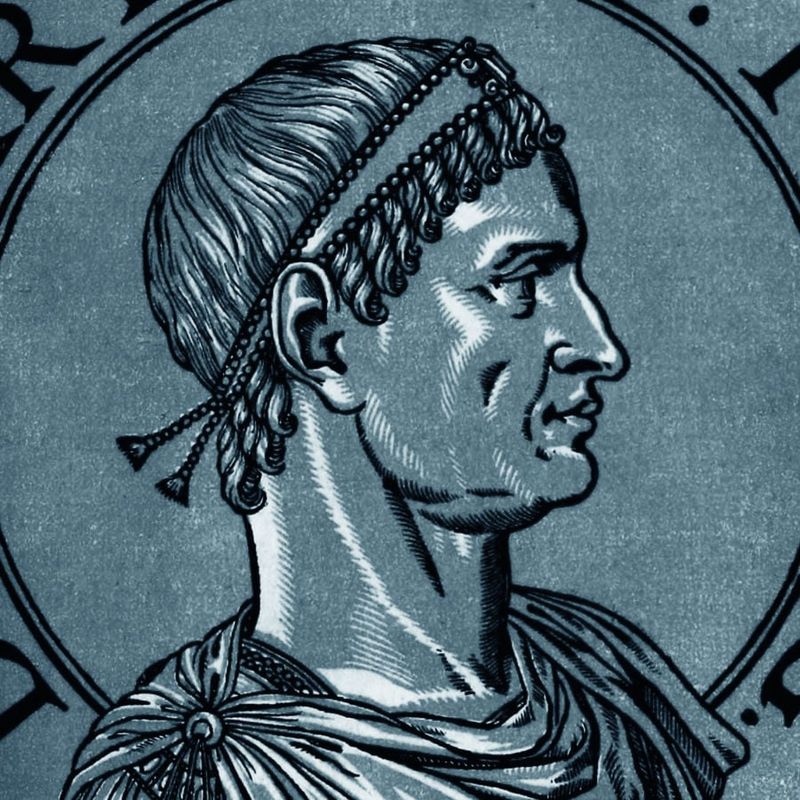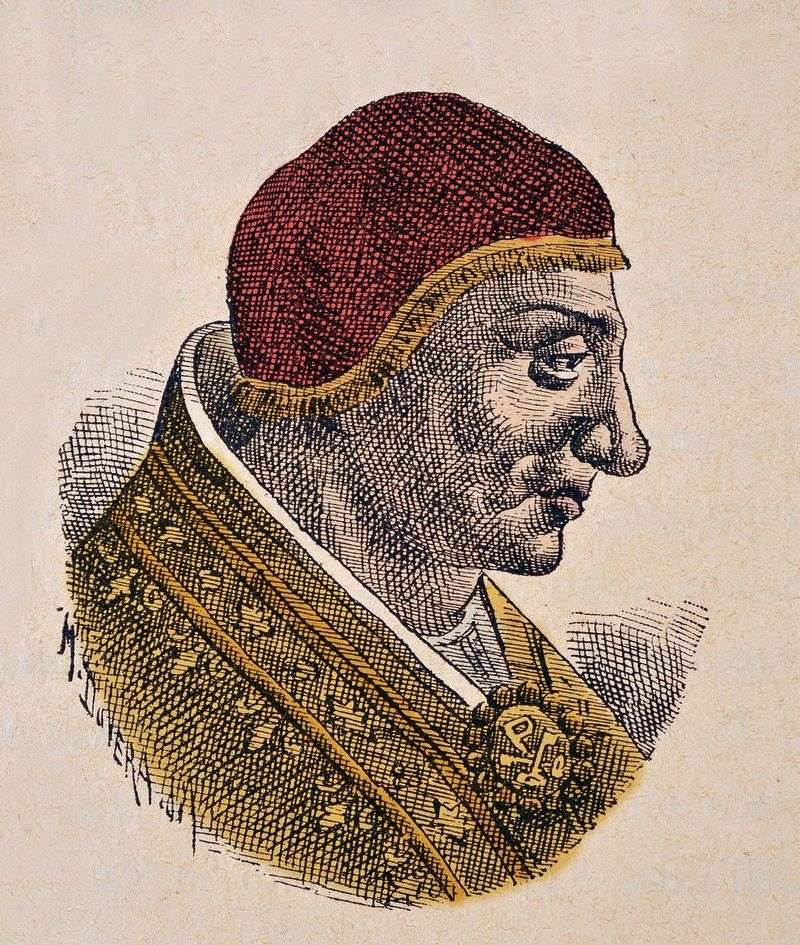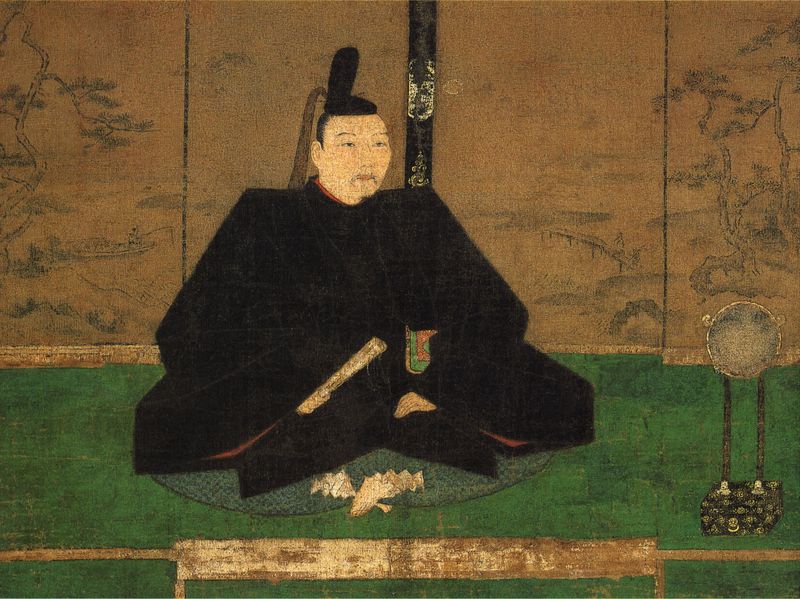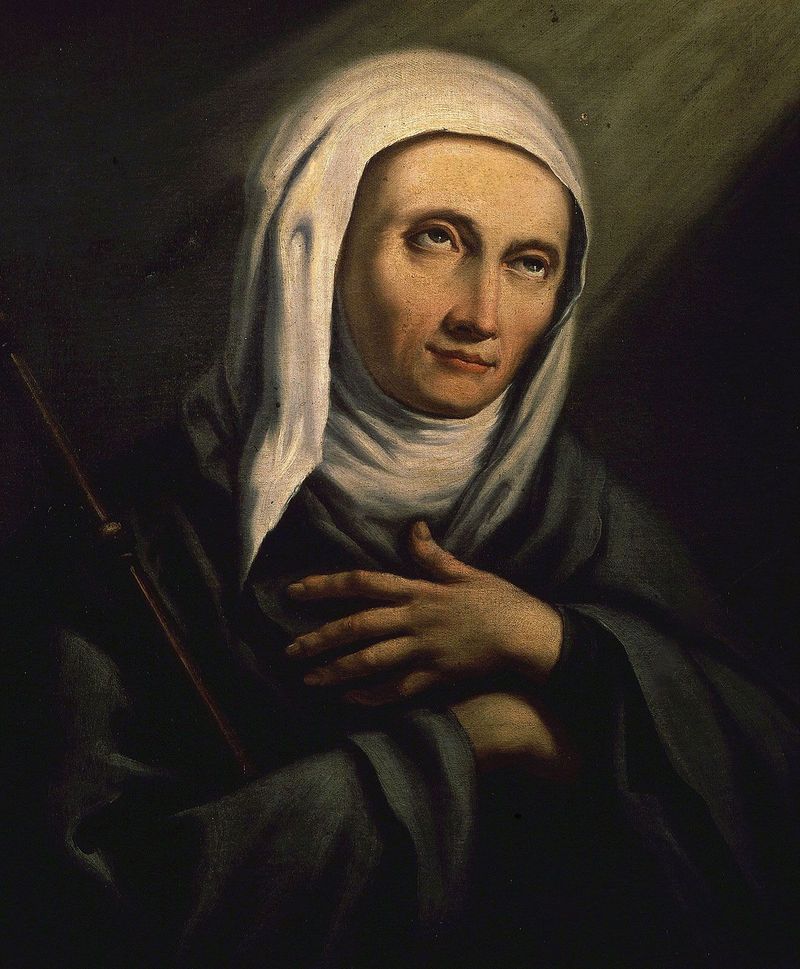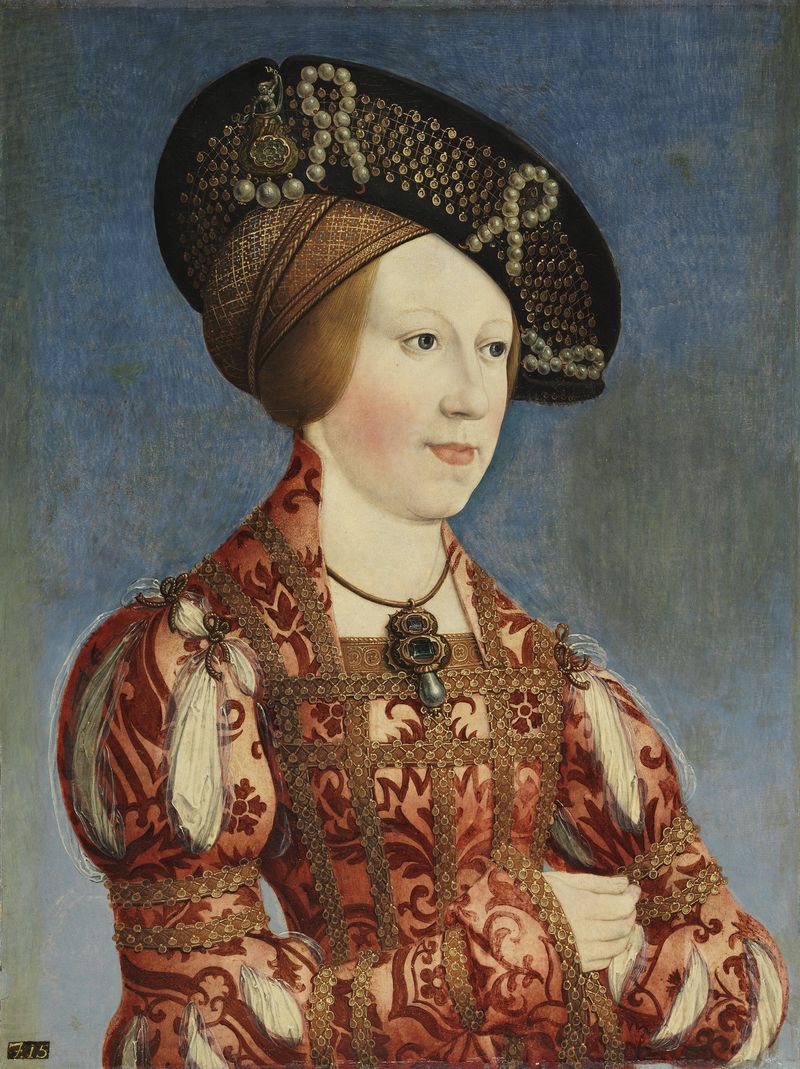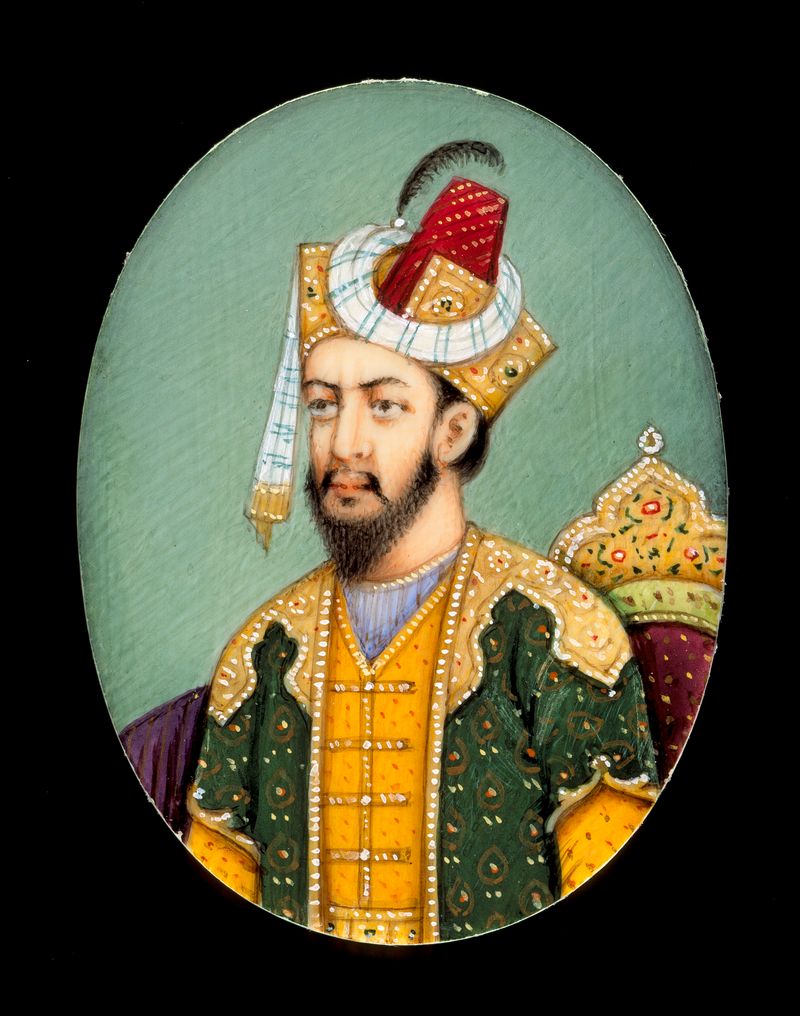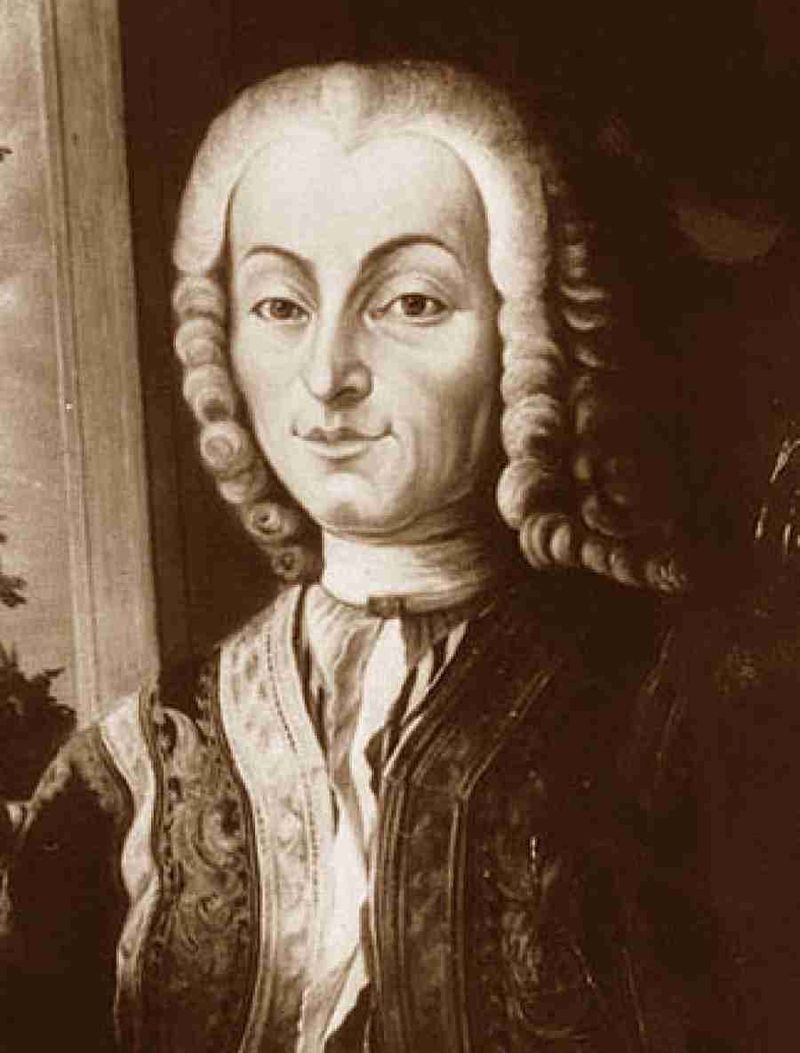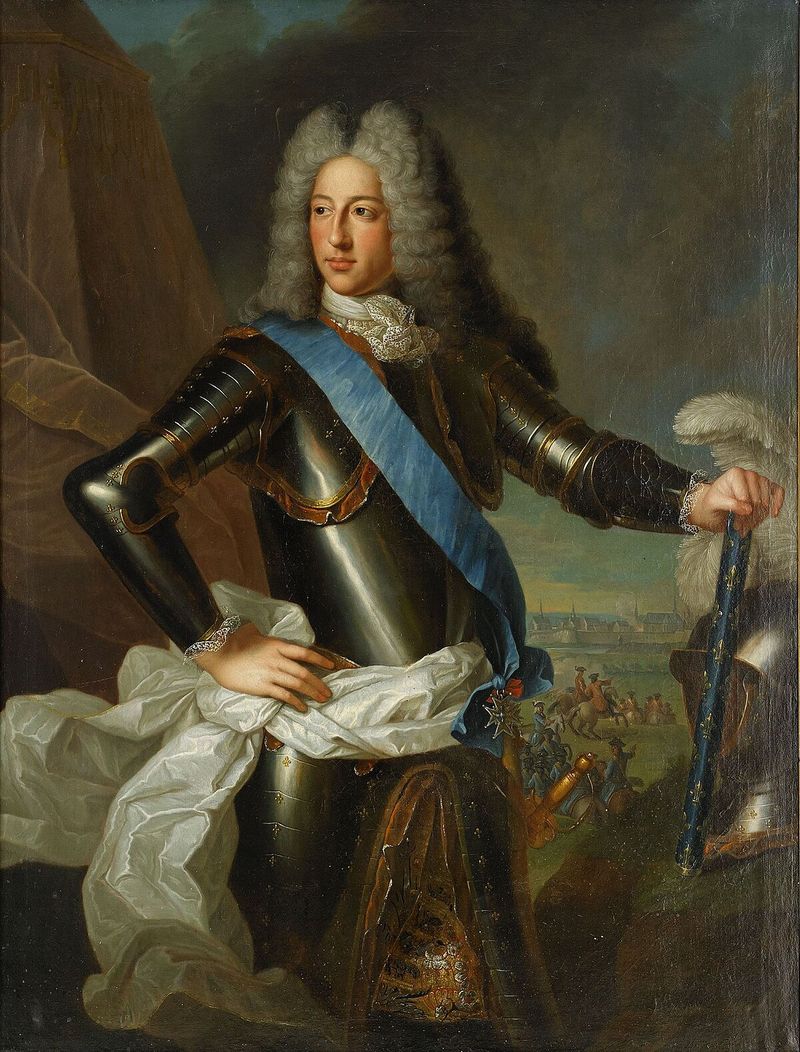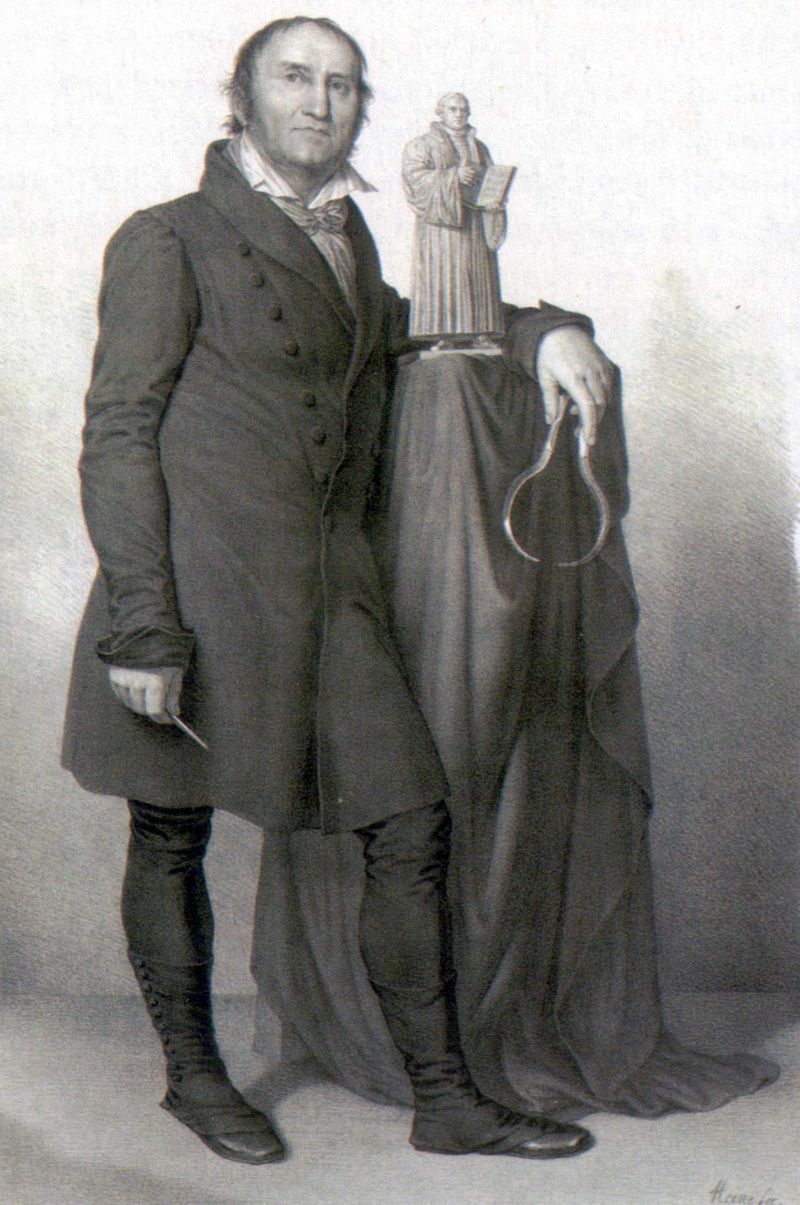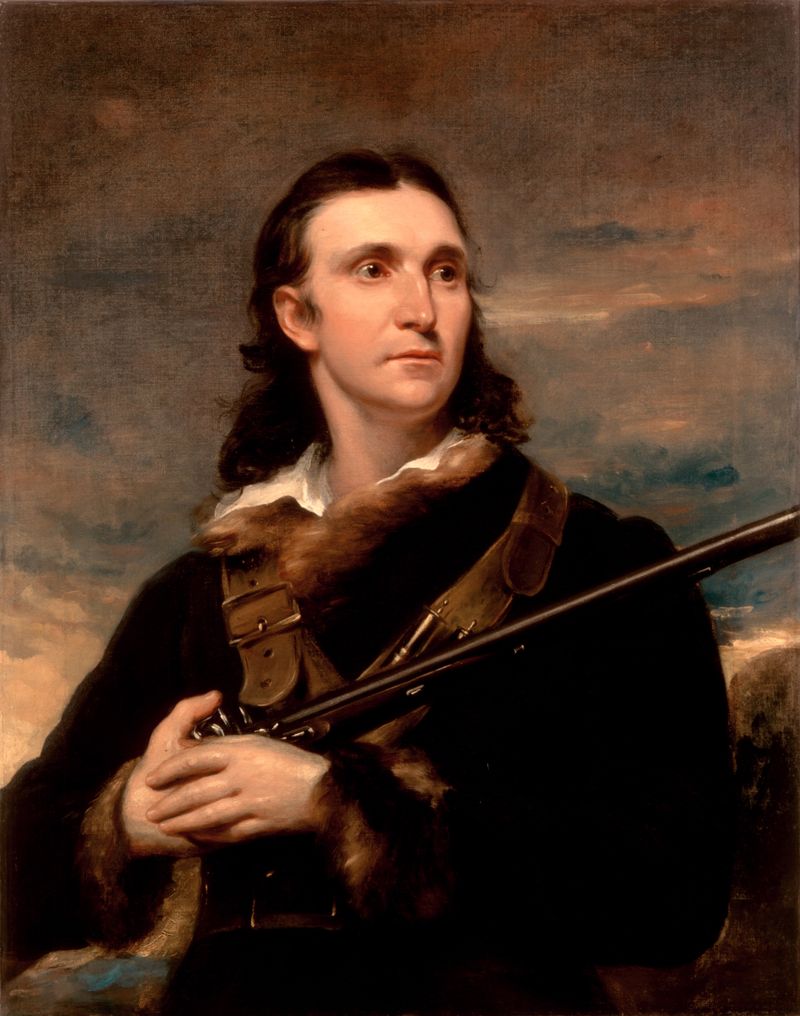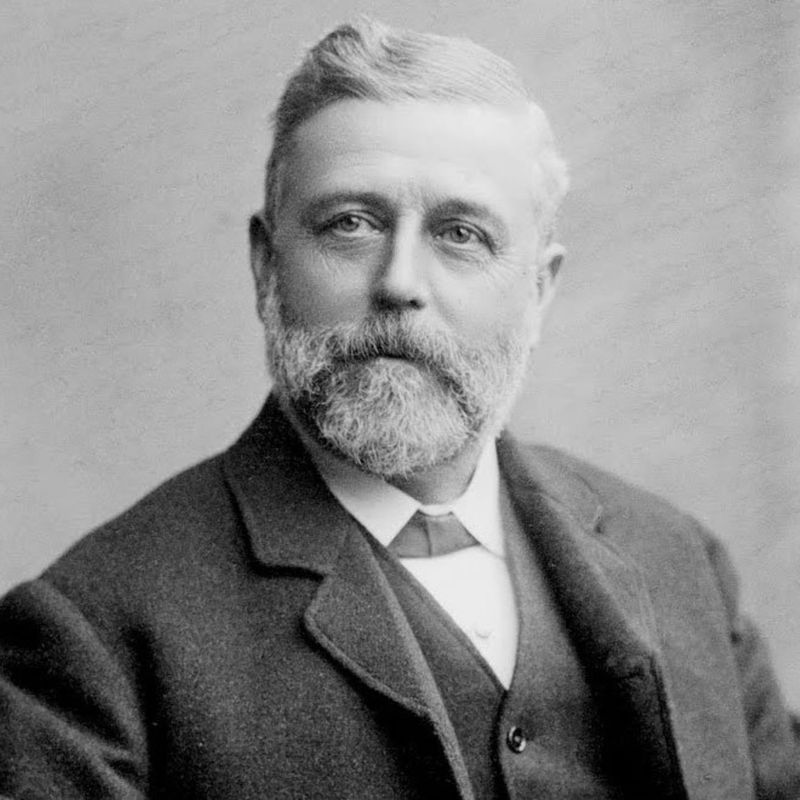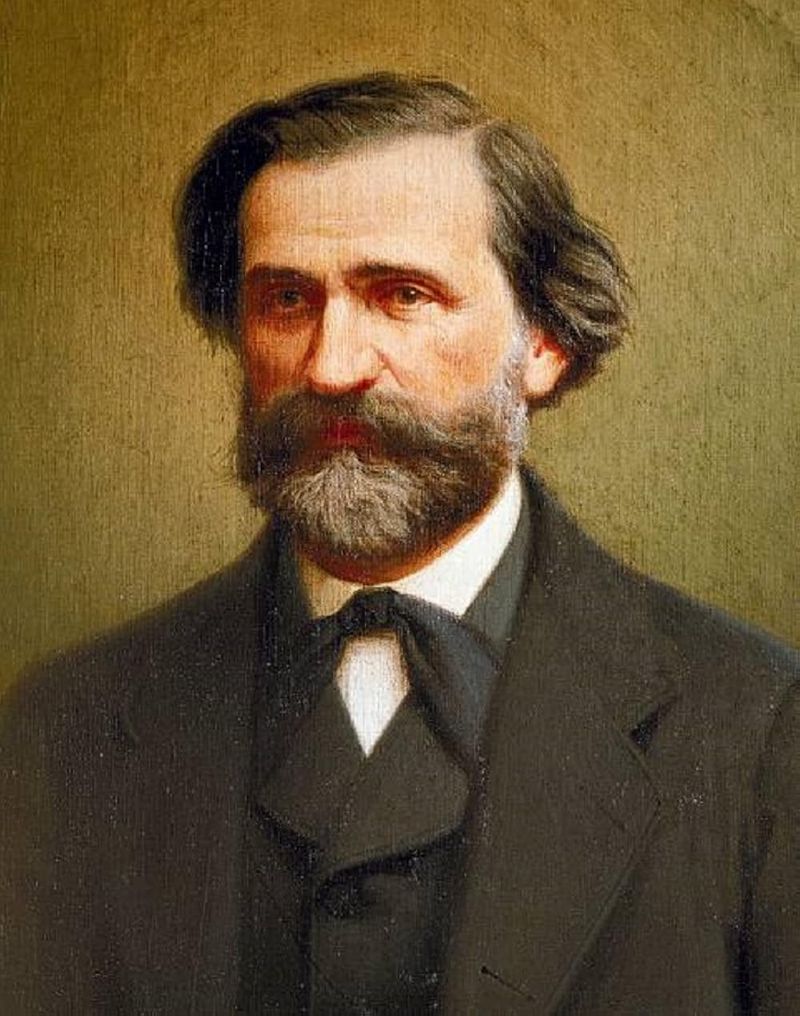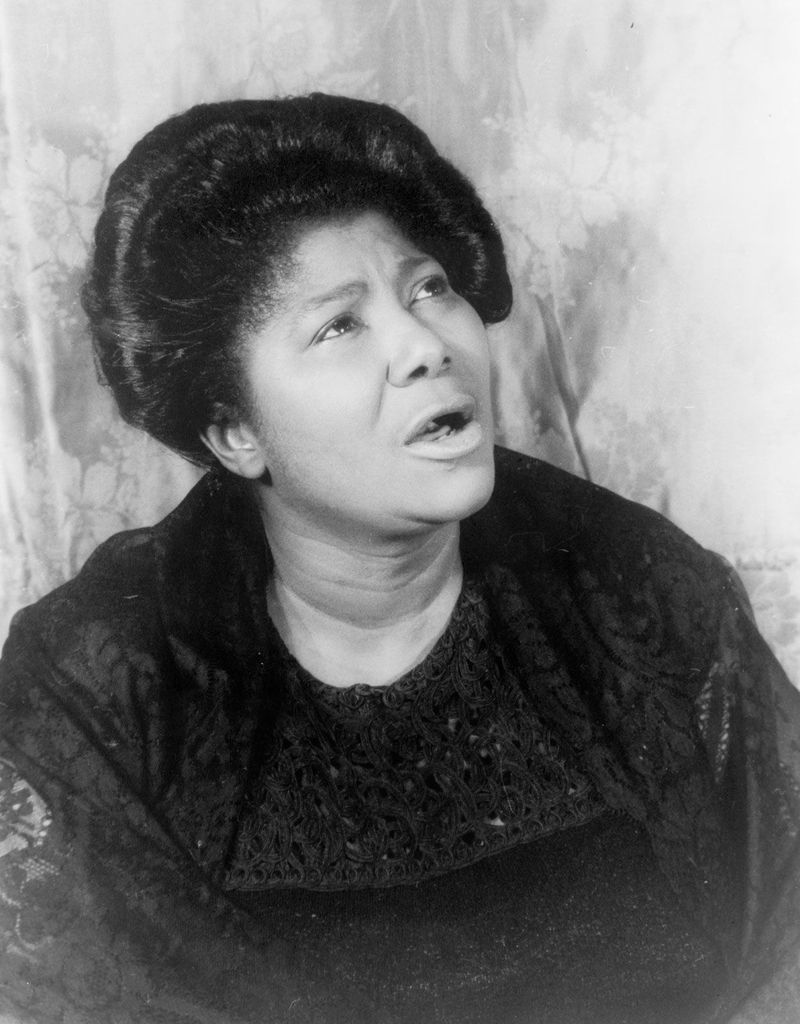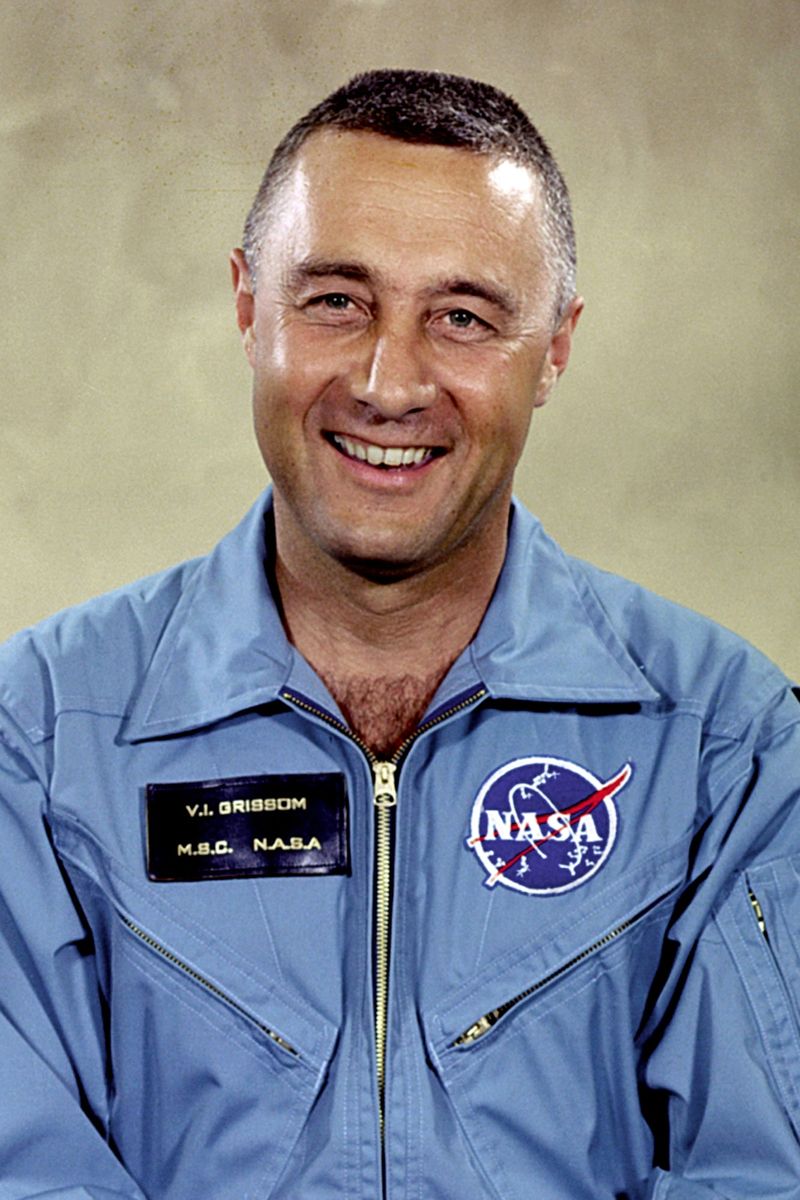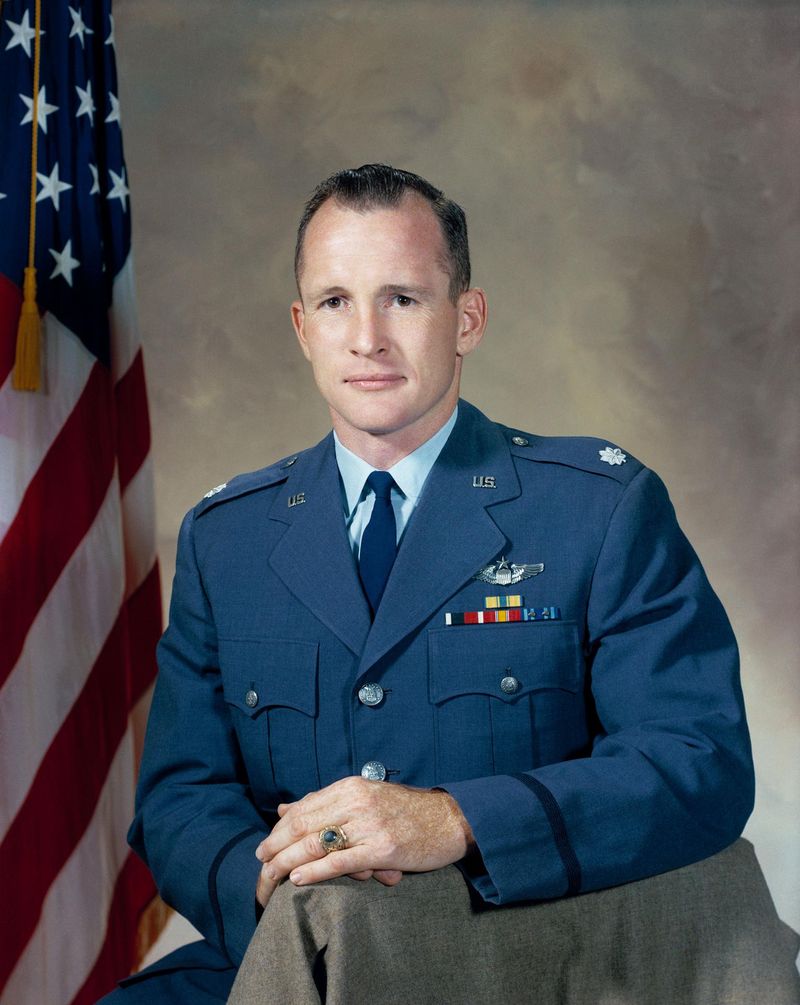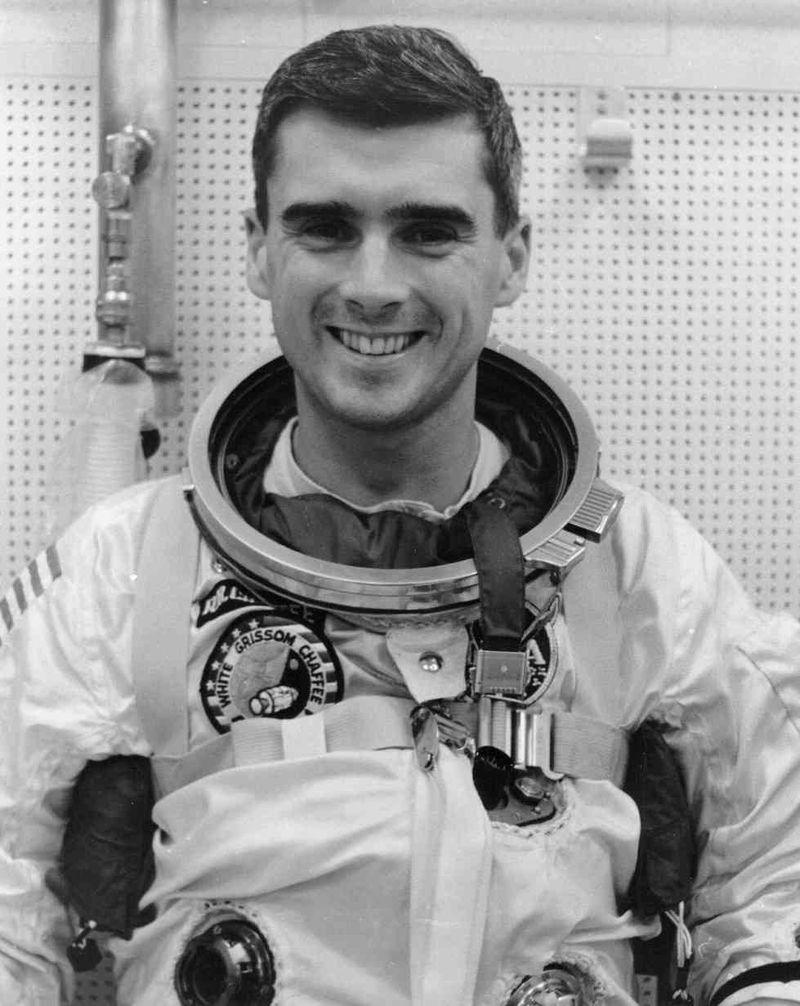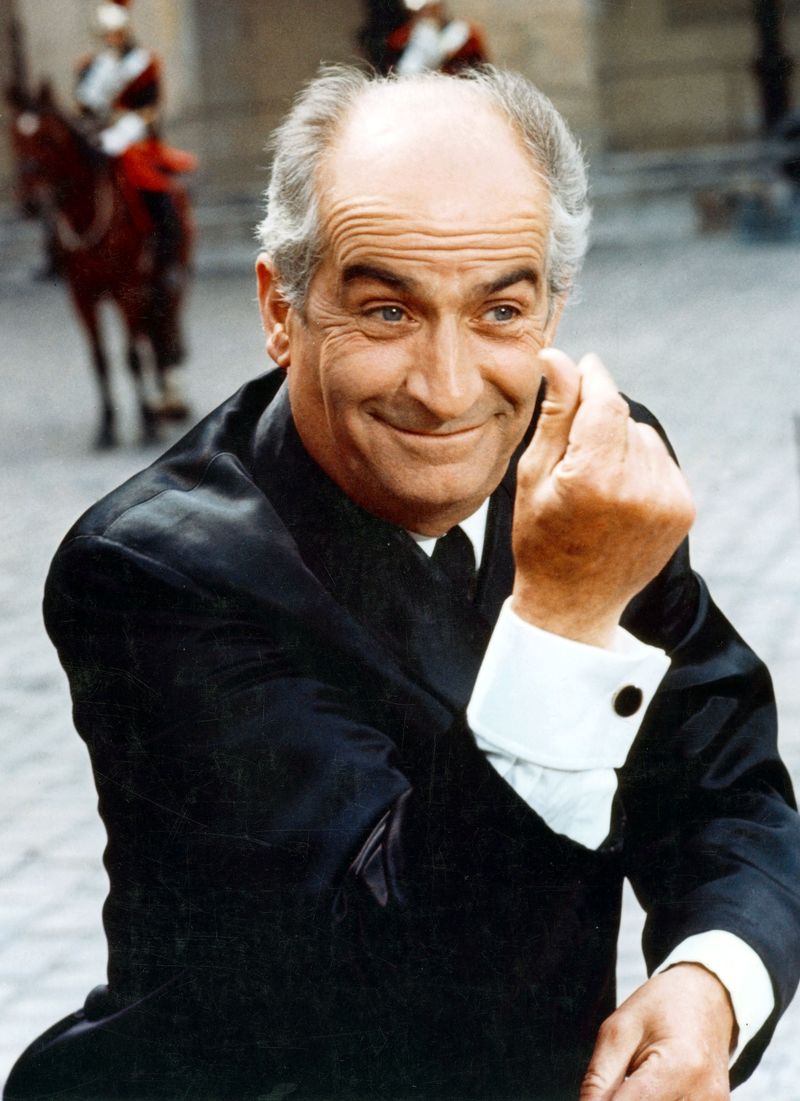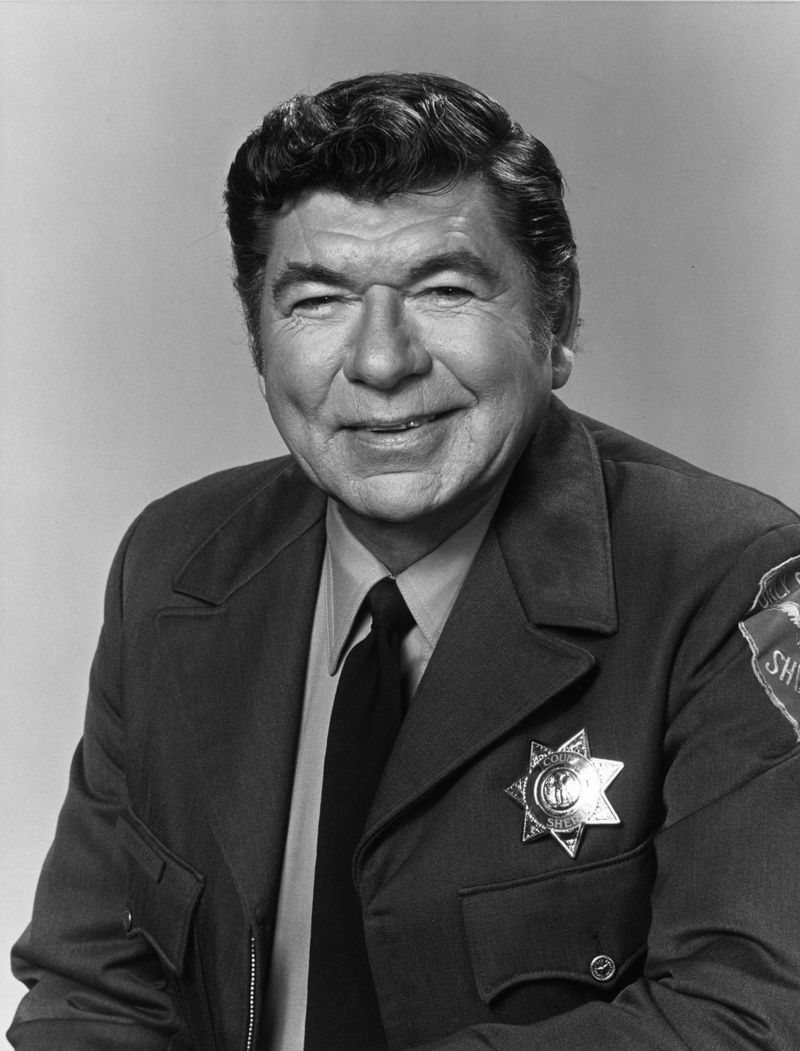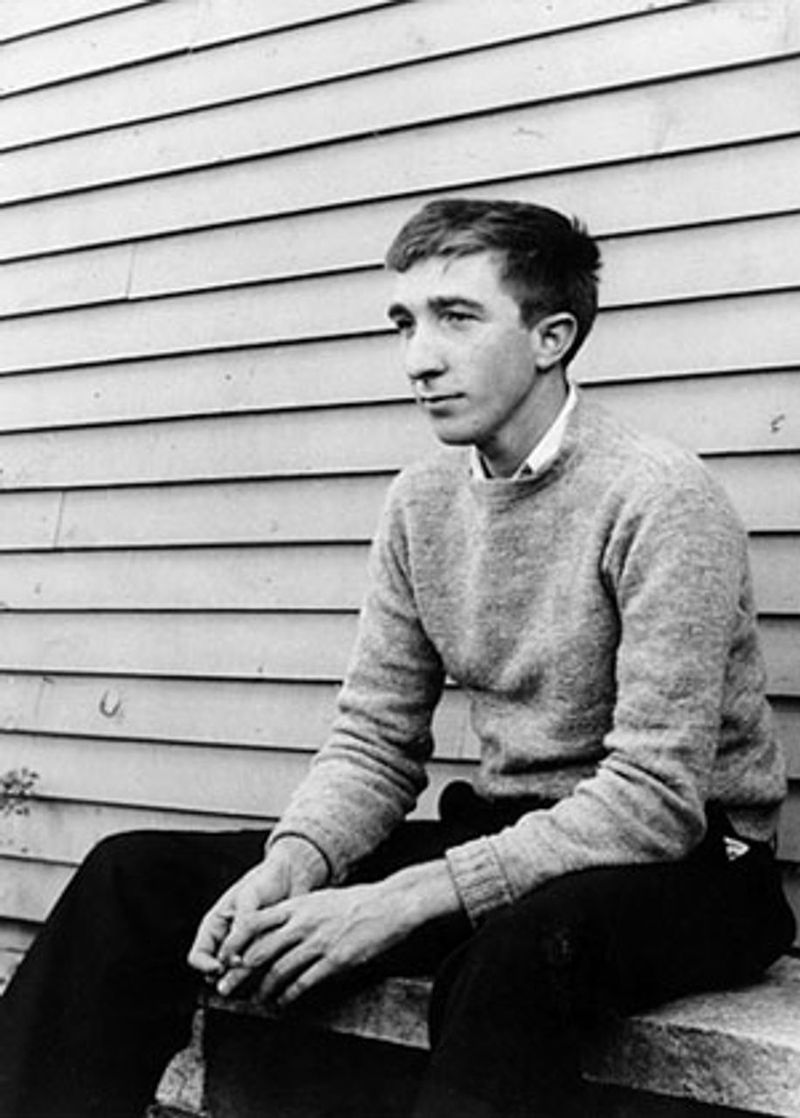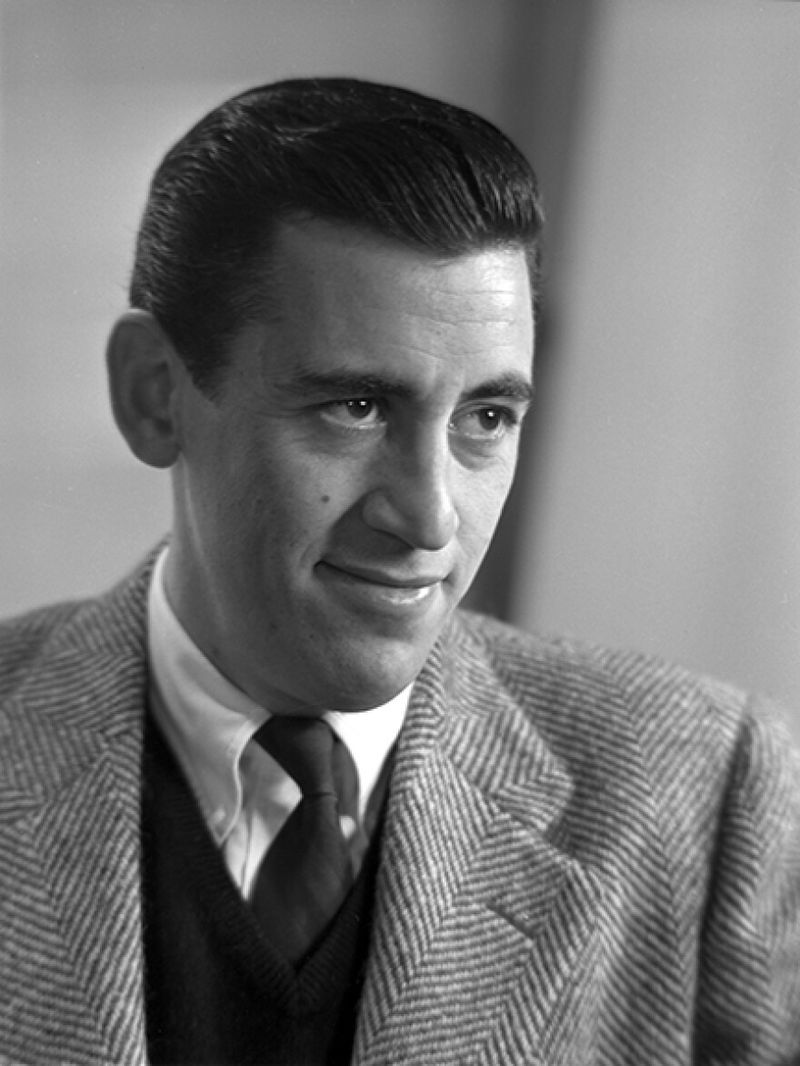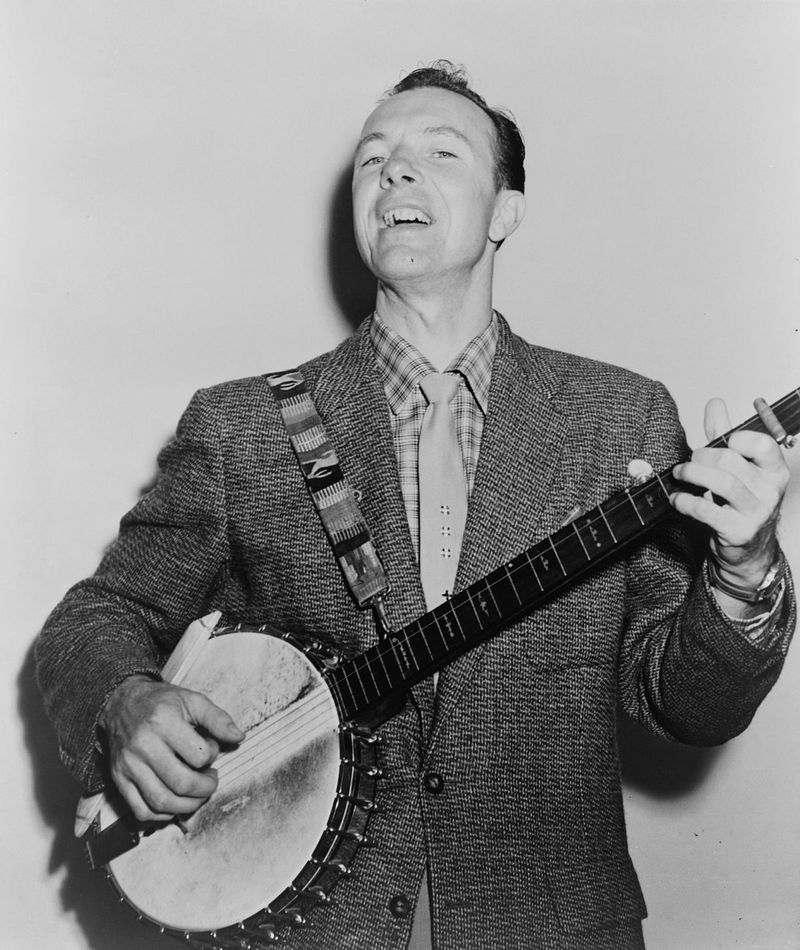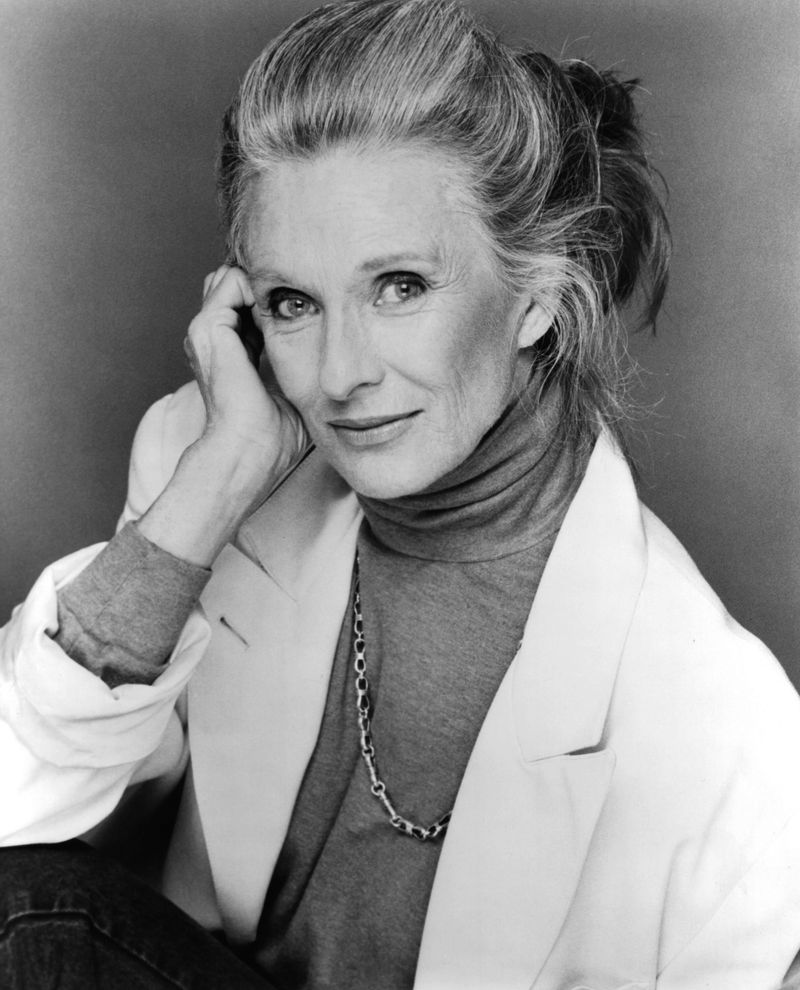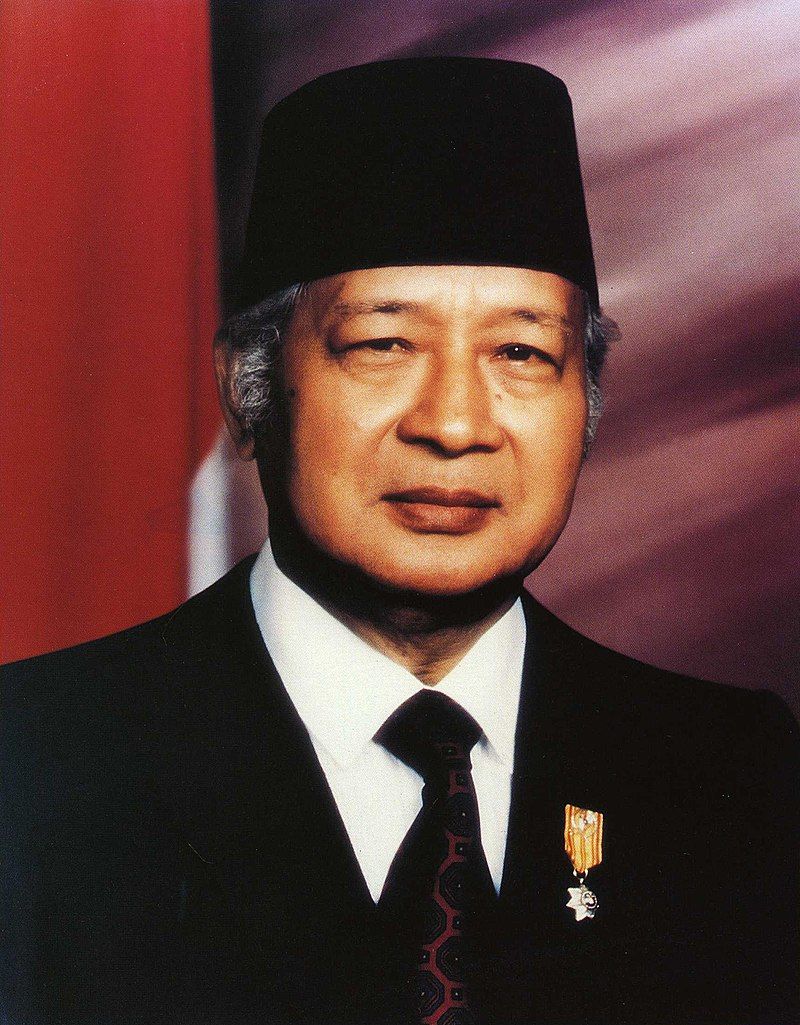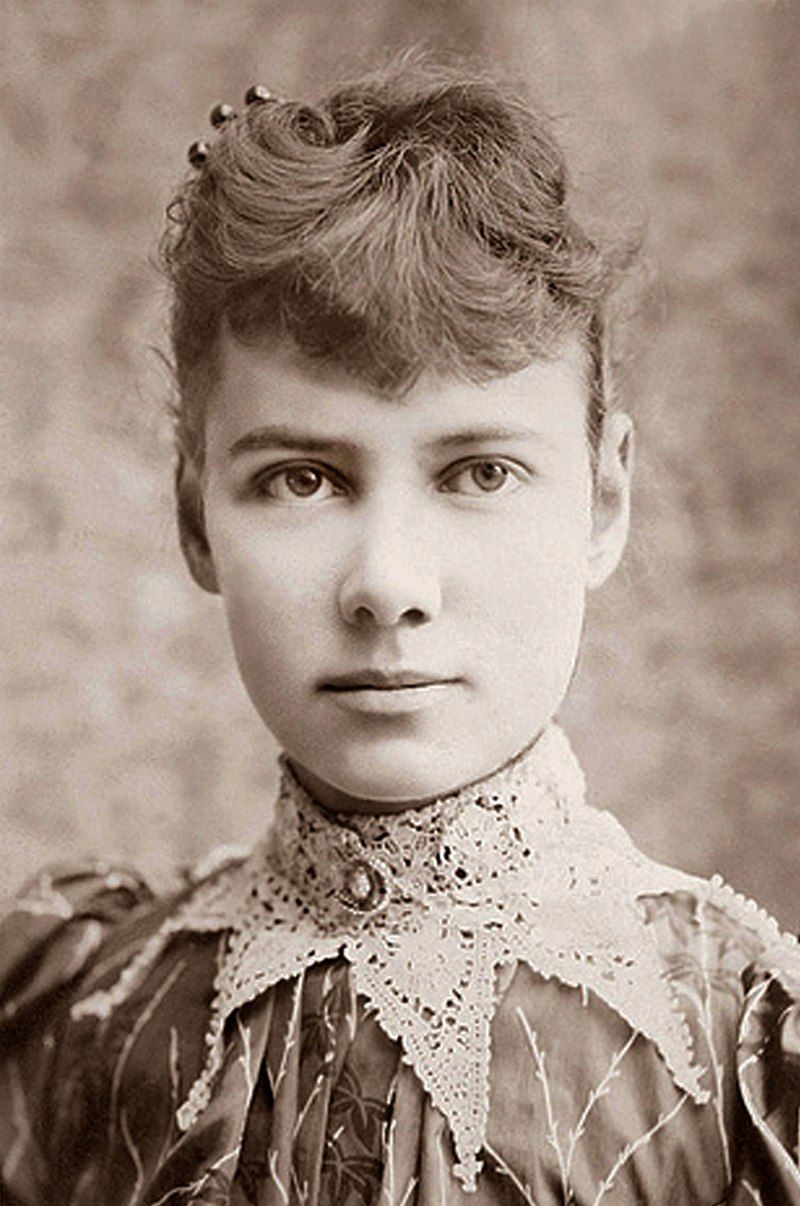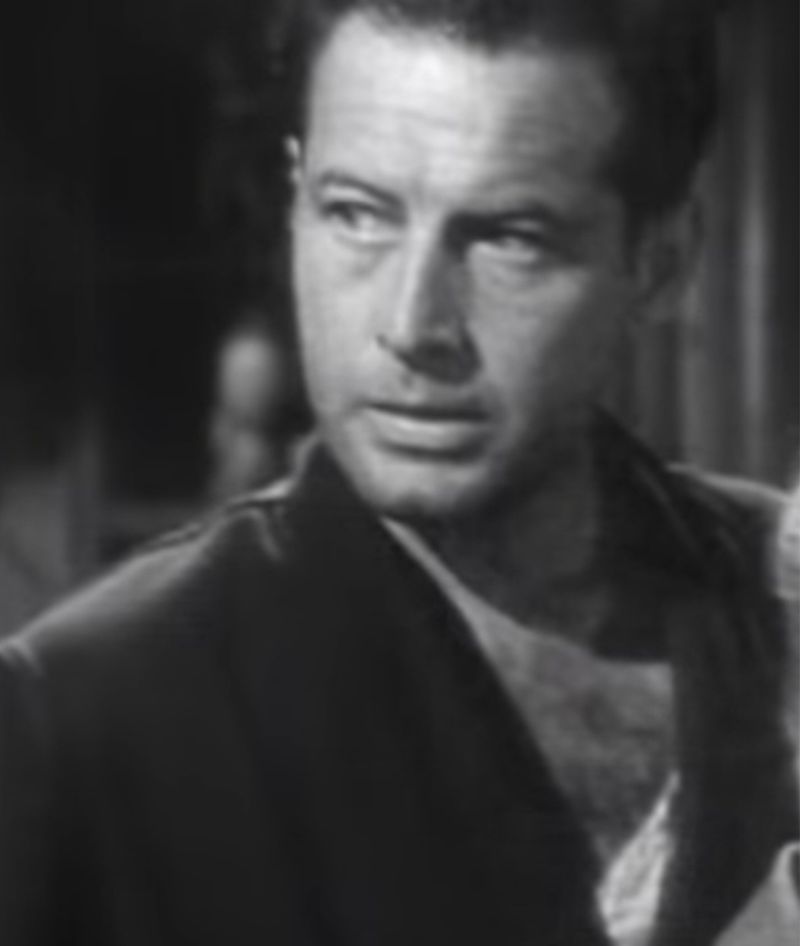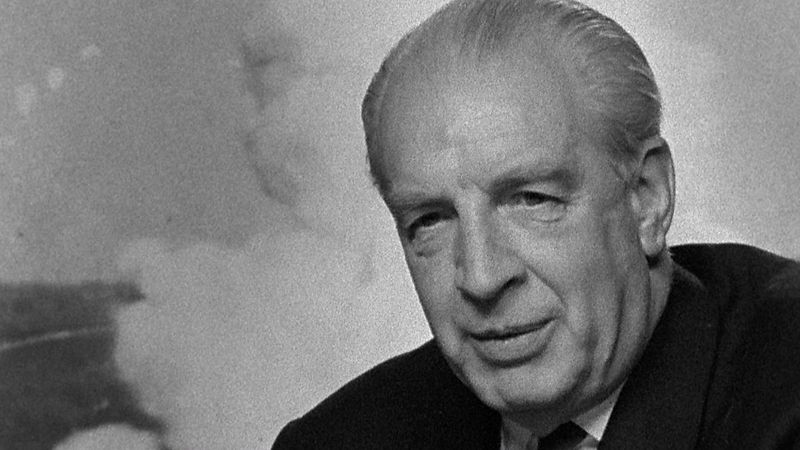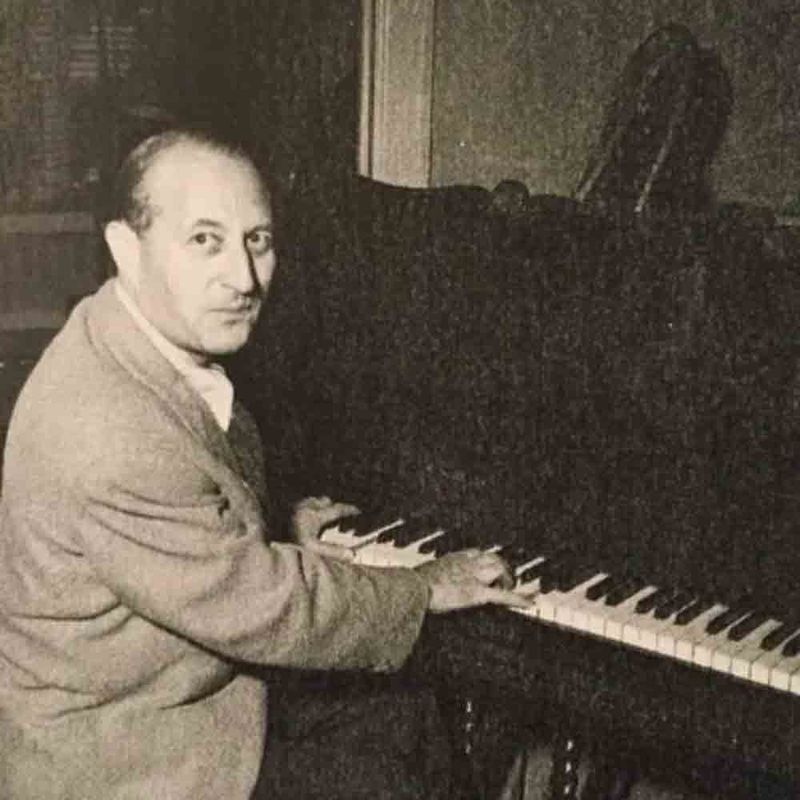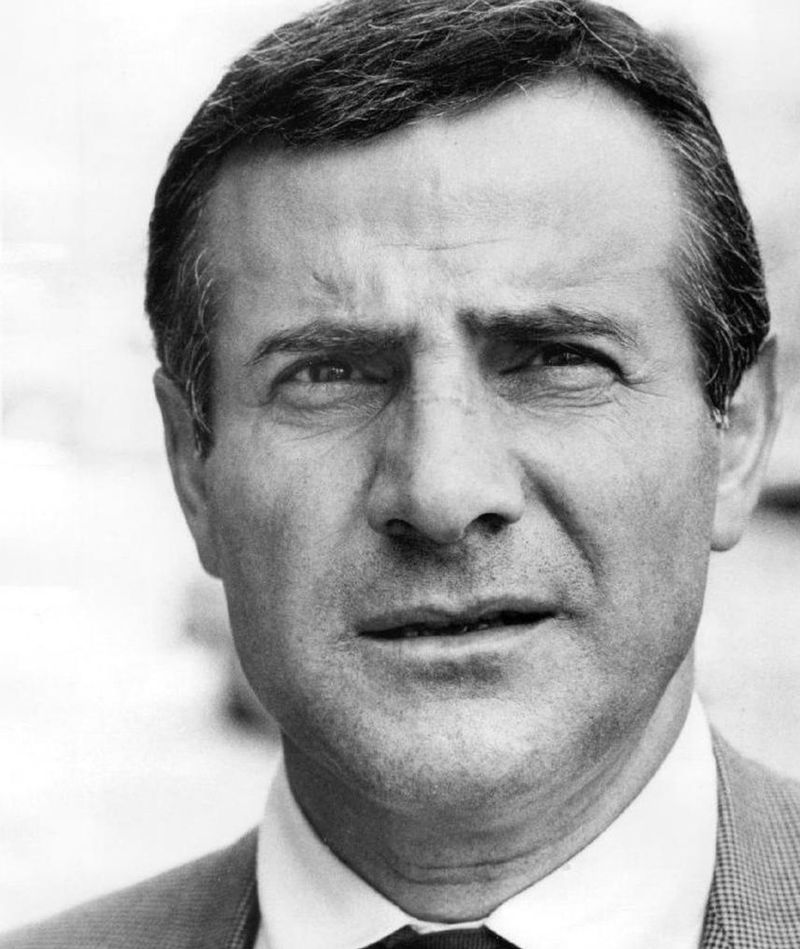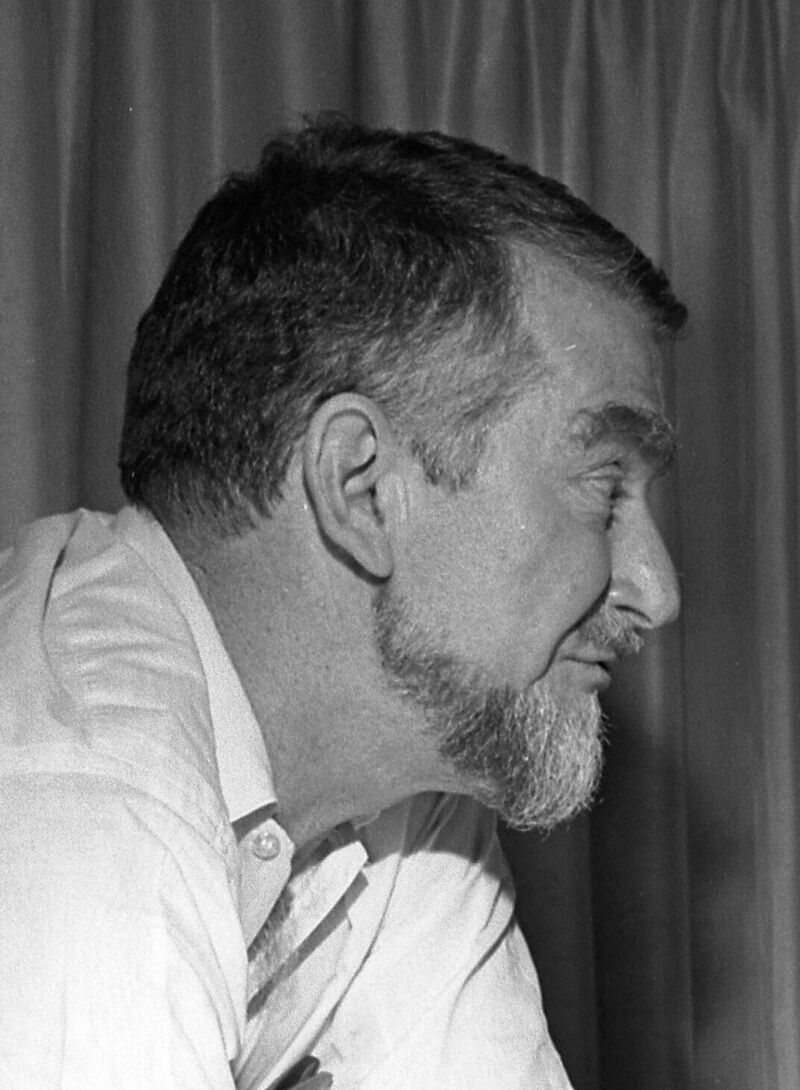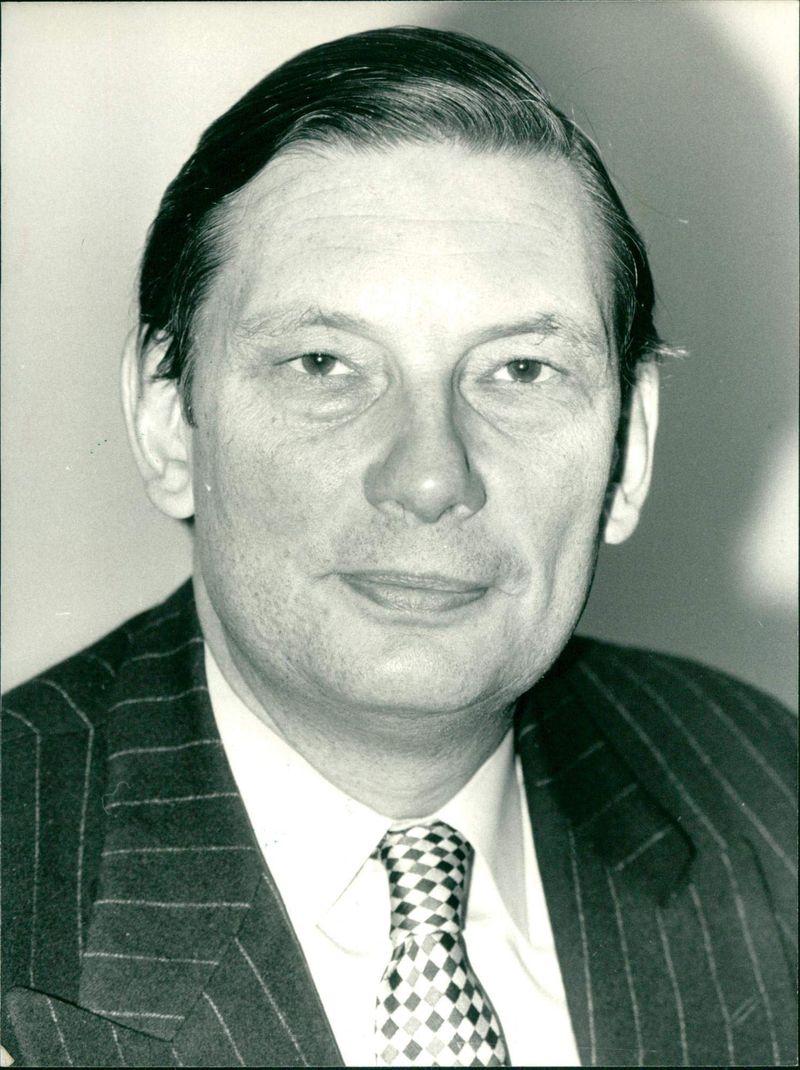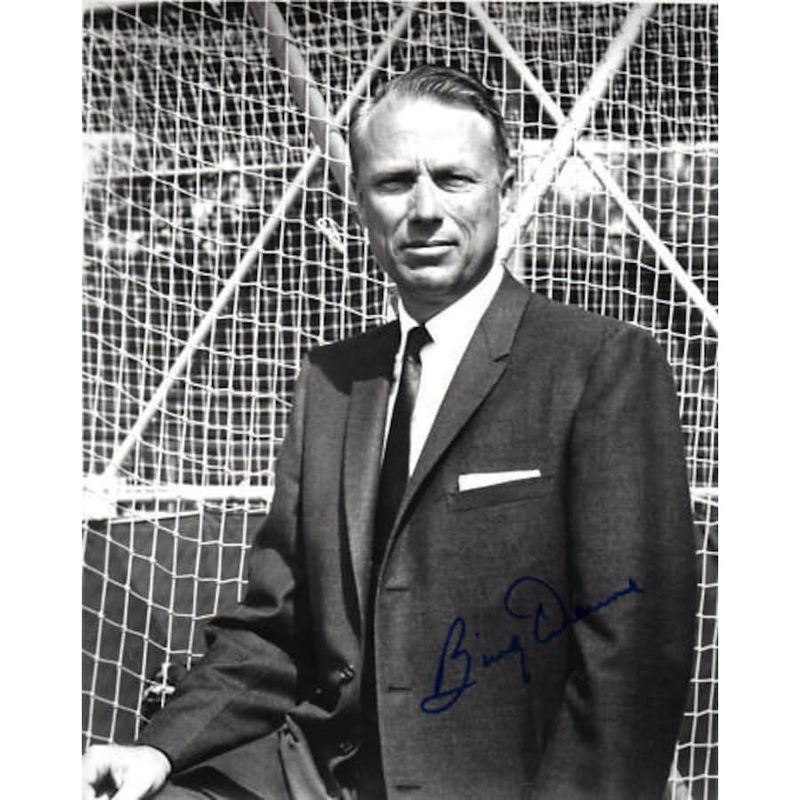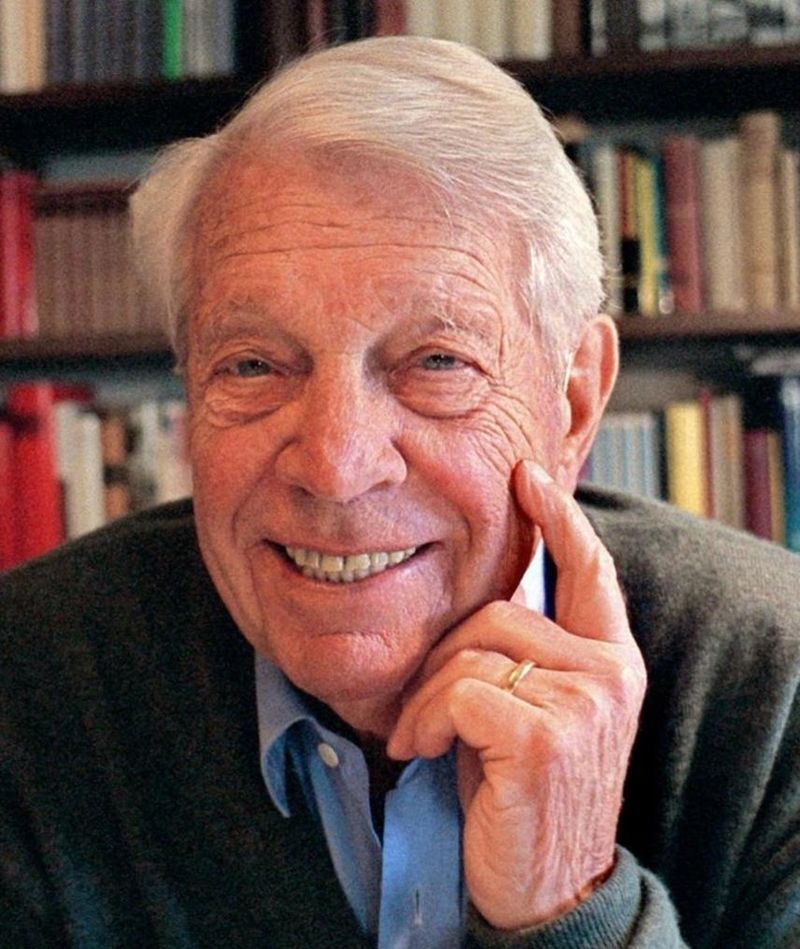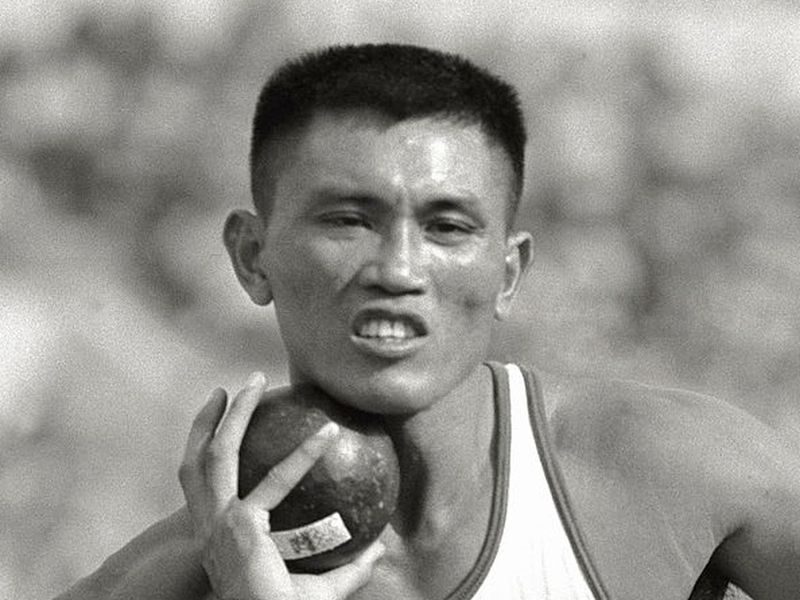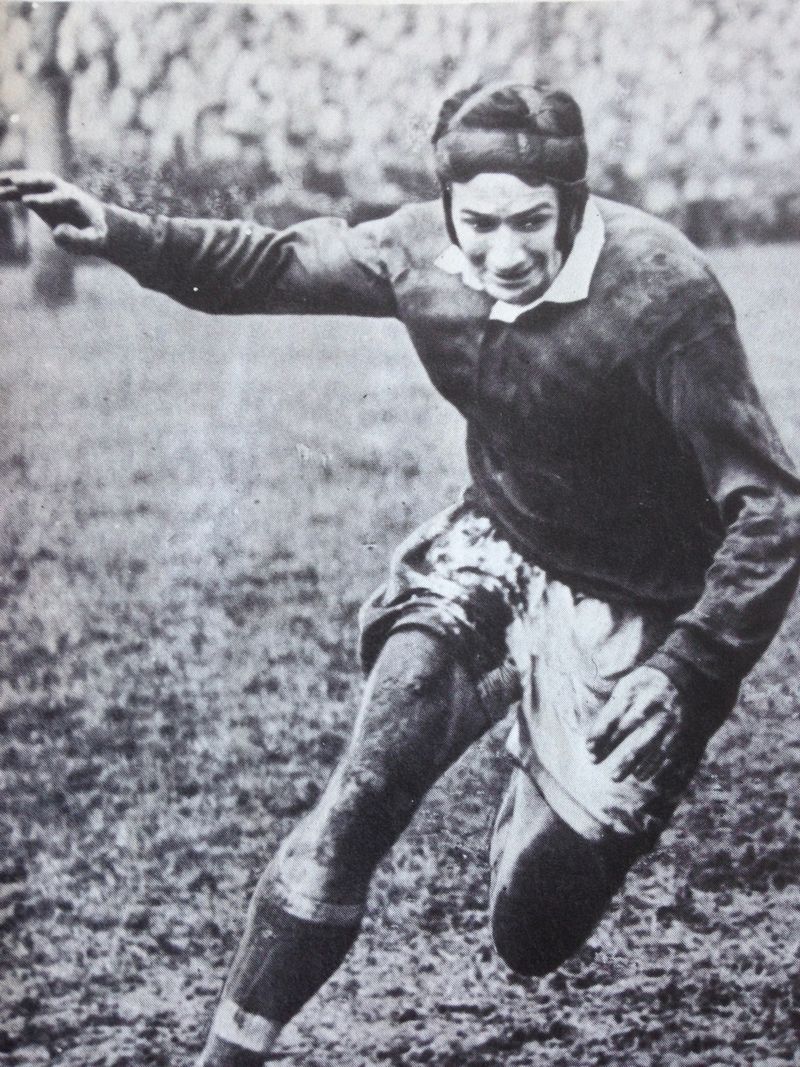January 27 has witnessed the passing of several influential figures throughout history. This collection highlights 37 notable individuals who left a mark on the world, from emperors and artists to astronauts and writers.
Their legacies continue to inspire and shape various fields, illustrating the diverse contributions made by individuals across different eras and regions.
1. Nerva
Nerva served as Roman Emperor from 96 to 98 AD. He succeeded Domitian and was known for his just and moderate rule. His short reign was marked by a return to civil liberties and the appointment of Trajan as his successor, thereby securing the future of the Roman Empire.
Although his reign was brief, Nerva’s policies and reforms laid the groundwork for the era of the Five Good Emperors.
His dedication to justice and the welfare of the populace remains a significant aspect of his legacy, symbolizing a period of stability following the tyranny of previous rulers.
2. Marcian
Marcian reigned as Eastern Roman Emperor from 450 to 457. His leadership ushered in a period of stability following decades of turmoil. Marcian is celebrated for his fiscal prudence, military reforms, and maintaining peace with the Huns.
His decision not to pay tribute to Attila demonstrated his strong diplomatic skills. Marcian’s reign contributed to the strengthening of the Eastern Roman Empire, ensuring its prosperity and longevity.
His administrative acumen and resolve in the face of external threats have made him a respected figure in Byzantine history, illustrating a balanced approach to governance and diplomacy.
3. Pope Sergius II
Pope Sergius II led the Catholic Church from 844 to 847. His tenure is noted for efforts to fortify Rome against Saracen attacks, which involved significant architectural refurbishments.
Despite facing controversy over his election, Sergius’ focus on Rome’s defense and church administration left a lasting influence. His papacy coincided with a time of considerable political and religious challenges, yet he managed to maintain the Church’s integrity and influence.
His commitment to preserving Rome’s sanctity and ensuring the church’s operational continuity marks his brief but impactful papacy, reflecting dedication amidst adversity.
4. Ashikaga Yoshimasa
Ashikaga Yoshimasa served as the eighth shōgun of the Ashikaga shogunate in Japan. His reign, from 1449 to 1473, is noted for the cultural flourishing that laid the foundations for the Higashiyama Culture, a precursor to the famed Japanese tea ceremony and Noh theatre.
Despite political instability, Yoshimasa’s patronage of the arts led to significant cultural developments. His tenure was marked by the Onin War, a civil conflict that weakened the shogunate’s power.
However, his contributions to Japan’s cultural heritage endure, making him a pivotal figure in the country’s artistic and cultural history.
5. Angela Merici
Angela Merici, born in 1474, was an Italian religious educator and the founder of the Ursuline Order. Her mission was to educate young girls at a time when educational opportunities were limited for women.
Angela’s innovative approach focused on personal development and religious teachings, setting the stage for modern educational practices. Her order, established in 1535, became the first teaching order of women in the Catholic Church, emphasizing the importance of women’s education and empowerment.
Her legacy lives on in the Ursuline communities worldwide, dedicated to education and social justice, reflecting her visionary efforts.
6. Anna of Bohemia and Hungary
Anna of Bohemia and Hungary was the queen consort of the Romans and archduchess of Austria. Married to Ferdinand I, she played a key role in the Habsburg dynasty’s expansion during the 16th century.
Anna’s diplomatic and political acumen helped in uniting various European regions under the Habsburg rule. Her influence extended beyond her marriage, contributing to diplomatic ties and cultural exchanges.
As a patron of the arts and education, Anna’s court became a center of Renaissance culture. Her impact on European history is remembered through her contributions to political alliances and cultural patronage.
7. Humayun
Humayun, the second Mughal Emperor of India, reigned from 1530 to 1540 and again from 1555 to 1556. His reign was marked by initial military setbacks and eventual restoration of the empire with Persian assistance.
Humayun’s patronage of Persian culture and the arts enriched the Mughal court. His architectural and artistic legacy paved the way for the grandeur of his successor, Akbar.
Despite challenges, including exile, Humayun’s tenacity and vision contributed significantly to the Mughal Empire’s consolidation, setting a foundation for future expansion and cultural enrichment under later rulers.
8. Bartolomeo Cristofori
Bartolomeo Cristofori, born in 1655, was an Italian instrument maker credited with inventing the piano. His innovative work in the early 18th century revolutionized music with the creation of an instrument capable of dynamic expression.
Cristofori’s expertise in crafting harpsichords led to the development of the piano’s hammer mechanism, enabling varied sound production. While his invention initially gained limited attention, it later became fundamental to Western music.
Cristofori’s legacy as a pioneer in instrument making transformed musical performance and composition, illustrating the profound impact of technological innovation on the arts.
9. Louis Henri, Duke of Bourbon
Louis Henri, Duke of Bourbon, was a significant French political figure during the early 18th century. Serving as Prime Minister under King Louis XV, his tenure was marked by attempts at fiscal reform and political maneuvering.
Despite facing opposition from various factions, Louis Henri’s efforts in consolidating power and influencing royal decisions were notable. His role in shaping French domestic policy and court dynamics exemplifies the complexities of aristocratic governance.
His legacy is intertwined with the challenges of balancing royal authority and noble interests, reflecting the intricate political landscape of pre-revolutionary France.
10. Johann Gottfried Schadow
Johann Gottfried Schadow was a preeminent German sculptor, renowned for his neoclassical works. Born in 1764, his most famous creation is the Quadriga atop the Brandenburg Gate in Berlin, symbolizing peace and victory.
Schadow’s influence extended beyond sculpture, as he also contributed to art education as a professor at the Berlin Academy. His dedication to classical forms and innovative techniques made him a pivotal figure in the transition to modern European sculpture.
Schadow’s legacy endures through his public monuments and his role in shaping the aesthetic principles of his time.
11. John James Audubon
John James Audubon was an American ornithologist and painter, celebrated for his extensive studies and depictions of North American birds. His magnum opus, “The Birds of America,” is a monumental work combining scientific accuracy with artistic beauty.
Audubon’s adventurous spirit led him across the continent, documenting avian life in detailed illustrations. His contributions to ornithology and conservation laid the groundwork for future environmental awareness and preservation efforts.
Audubon’s legacy is cherished in both the scientific and artistic communities, reflecting a profound appreciation for the natural world and its diverse inhabitants.
12. Thomas Crapper
Thomas Crapper, born in 1836, was a pioneering English plumber often (though inaccurately) credited with inventing the flush toilet. His true contribution lies in popularizing modern plumbing fixtures and advancing sanitation technology.
Crapper’s innovative designs, including the floating ballcock and U-bend, revolutionized bathroom fittings and improved public health. Operating during the Victorian era, his company became synonymous with quality and innovation in plumbing.
Crapper’s legacy is rooted in his commitment to improving everyday life through practical engineering, leaving an indelible mark on modern sanitation and the urban landscape.
13. Giuseppe Verdi
Giuseppe Verdi was a renowned Italian composer whose operas remain central to the classical music repertoire. Born in 1813, Verdi’s works, including “La Traviata,” “Aida,” and “Rigoletto,” capture the human experience with emotional depth and musical brilliance.
His compositions are celebrated for their melodic richness and dramatic intensity, reflecting the complexities of 19th-century Italian society. Verdi’s influence extends beyond music, contributing to Italy’s cultural and national identity during the Risorgimento.
His legacy endures through his timeless operas, which continue to captivate audiences worldwide with their profound artistry and emotional resonance.
14. Mahalia Jackson
Mahalia Jackson, born in 1911, was an influential American gospel singer, whose powerful voice and spiritual devotion brought gospel music to international prominence.
Known as the “Queen of Gospel,” her performances resonated with emotional depth and authenticity. Jackson’s music transcended racial and cultural barriers, becoming a voice for the civil rights movement and an inspiration for generations of artists.
Her recordings and live performances captured the essence of gospel music’s spiritual message, leaving a lasting impact on both religious and secular music. Her legacy continues to inspire with its emotional power and cultural significance.
15. Virgil “Gus” Grissom
Virgil “Gus” Grissom was a pioneering NASA astronaut and one of the original Mercury Seven. Born in 1926, he became the second American in space and commanded the Gemini 3 mission.
Tragically, Grissom lost his life in the Apollo 1 accident in 1967. His dedication to space exploration and his contributions to NASA’s early programs were instrumental in advancing human spaceflight.
Grissom’s legacy is honored through his pioneering spirit and the continued pursuit of space exploration, reflecting the courage and determination of early space pioneers who paved the way for future missions.
16. Edward H. White II
Edward H. White II was a NASA astronaut known for being the first American to conduct a spacewalk during the Gemini 4 mission. Born in 1930, White’s achievements in space exploration showcased the potential of human endurance and technology.
His untimely death in the Apollo 1 accident alongside Grissom and Chaffee marked a significant loss for NASA and the nation. White’s legacy is honored through his pioneering contributions to space exploration, inspiring future generations of astronauts.
His courage and dedication to pushing the boundaries of human achievement remain an enduring testament to his impact.
17. Roger B. Chaffee
Roger B. Chaffee was a NASA astronaut selected for the Apollo program. Born in 1935, he was preparing for his first spaceflight when he perished in the Apollo 1 accident, alongside Grissom and White.
Despite his brief career, Chaffee’s role in advancing space technology and mission readiness was crucial. His technical expertise and commitment to excellence exemplified the spirit of exploration and innovation.
Chaffee’s legacy lives on in the lessons learned from the tragic accident, contributing to the safety and success of future space missions, and inspiring a commitment to exploration and discovery.
18. Louis de Funès
Louis de Funès was a beloved French comic actor known for his energetic performances and impeccable timing. Born in 1914, he starred in numerous successful films, including “La Grande Vadrouille” and “The Gendarme” series.
His comedic genius and ability to portray a wide range of characters endeared him to audiences worldwide. De Funès’ career spanned over four decades, during which he became one of France’s most popular and enduring entertainers.
His legacy continues through his films, which remain classics of French cinema, celebrated for their humor and the joy they bring to viewers.
19. Claude Akins
Claude Akins was an American actor known for his rugged persona and versatility. Born in 1926, he appeared in over 100 films and television shows, including “Inherit the Wind” and “The Caine Mutiny.”
Akins’ distinctive voice and commanding presence made him a popular choice for both leading and supporting roles in various genres. His performances were marked by authenticity and depth, earning him a lasting place in Hollywood.
Akins’ contribution to the entertainment industry is celebrated through his diverse body of work, which continues to entertain and inspire audiences with its timeless appeal.
20. John Updike
John Updike was a Pulitzer Prize-winning American novelist and literary critic, renowned for his keen observations of American life. Born in 1932, his prolific career included celebrated works like the “Rabbit” series and “The Witches of Eastwick.”
Updike’s writing is characterized by its vivid detail and exploration of themes such as faith, family, and identity. His contributions to literature have been recognized with numerous awards and accolades, reflecting his impact on American fiction.
Updike’s legacy endures through his rich body of work, which continues to resonate with readers for its insight and elegance.
21. J.D. Salinger
J.D. Salinger was an American author best known for his novel “The Catcher in the Rye,” a defining work of 20th-century literature. Born in 1919, Salinger’s exploration of adolescent alienation and identity left a lasting impact on readers and writers alike.
His reclusive nature and limited body of work only added to his mystique. Despite publishing little after 1965, Salinger’s influence remains pervasive in contemporary literature and culture.
His legacy endures through his profound insights into the human condition, making his work a timeless reflection of youth and societal challenges.
22. Pete Seeger
Pete Seeger was an iconic American folk musician and social activist whose songs became anthems for social change. Born in 1919, he used music as a tool for advocacy, addressing issues like civil rights, environmentalism, and peace.
Seeger’s influence extended beyond his performances, as he inspired generations of musicians and activists. His legacy is celebrated through songs like “Where Have All the Flowers Gone?” and “If I Had a Hammer,” which continue to inspire and mobilize.
Seeger’s commitment to justice and equality remains a testament to the power of music in shaping social consciousness.
23. Cloris Leachman
Cloris Leachman was a celebrated American actress whose career spanned over seven decades. Born in 1926, she won an Academy Award for her role in “The Last Picture Show” and numerous Emmy Awards for her television work.
Leachman’s versatility allowed her to excel in both comedic and dramatic roles, making her a beloved figure in entertainment. Her performances were marked by wit and depth, endearing her to audiences worldwide.
Leachman’s legacy continues through her extensive body of work, inspiring future generations of actors with her talent and passion for the craft.
24. Suharto
Suharto was the second President of Indonesia, serving from 1967 to 1998. His three-decade rule was characterized by economic growth and political stability, but also by authoritarianism and human rights abuses.
Suharto’s leadership transitioned Indonesia from a period of turmoil to relative prosperity, although at significant social cost. His New Order regime emphasized economic development and anti-communism, leaving a complex legacy.
While credited with modernizing Indonesia, Suharto’s rule is also critiqued for its lack of political freedom. His impact on Indonesian history remains significant, reflecting the challenges and contradictions of his era.
25. Nellie Bly
Nellie Bly, born in 1864, was a pioneering American journalist known for her investigative reporting and record-breaking trip around the world in 72 days.
Her boldness and tenacity challenged societal norms, paving the way for future women in journalism. Bly’s undercover work in exposing abuses in a mental institution remains a landmark in investigative journalism.
Her adventurous spirit and commitment to truth continue to inspire journalists today. Bly’s legacy is celebrated for its courage and innovation, illustrating the power of journalism to effect social change and promote justice.
26. Marcheline Bertrand
Marcheline Bertrand was an American actress and humanitarian, known for her dedication to humanitarian causes. Born in 1950, she was also the mother of Angelina Jolie, influencing her daughter’s philanthropic efforts.
Bertrand co-founded the All Tribes Foundation, supporting Native American communities. Her work in film and activism highlighted her commitment to social justice and cultural preservation.
Despite her limited film career, Bertrand’s impact through her charitable work and family legacy is profound. Her compassion and advocacy continue to inspire those dedicated to humanitarian causes, reflecting her enduring influence on both family and society.
27. Bill Kennedy
Bill Kennedy was an American actor and television show host, known for his engaging presence and versatile career. Born in 1908, he appeared in numerous films and later became a beloved television personality in Detroit.
Kennedy’s charm and wit made his show a local favorite, where he shared classic films and Hollywood stories with viewers. His contribution to entertainment extended beyond acting to fostering a love for cinema and storytelling.
Kennedy’s legacy endures through his impact on television and his ability to connect with audiences, leaving a lasting impression in the world of broadcasting.
28. Cecil Arthur Lewis
Cecil Arthur Lewis was a British World War I fighter ace and co-founder of the BBC. Born in 1898, his remarkable career spanned aviation and broadcasting.
Lewis’ bravery in aerial combat earned him the Military Cross, while his post-war endeavors in media laid the foundation for British public broadcasting. His autobiographical work, “Sagittarius Rising,” offers insights into his experiences during the war.
Lewis’ diverse achievements reflect a life dedicated to innovation and excellence. His legacy is preserved through his contributions to aviation history and his role in shaping modern media, inspiring future generations.
29. Gerald Marks
Gerald Marks was an American composer best known for his timeless song “All of Me.” Born in 1900, his music captured the essence of the American songbook and resonated with audiences worldwide.
Marks’ ability to craft memorable melodies and heartfelt lyrics made him a prominent figure in popular music. His work continues to be celebrated for its emotional depth and universal appeal, spanning generations.
Marks’ contribution to the music industry is reflected in the enduring popularity of his compositions, which remain beloved classics, illustrating the power of music to connect and inspire.
30. Tige Andrews
Tige Andrews was an American actor known for his role as Captain Adam Greer on the television series “The Mod Squad.” Born in 1920, Andrews’ dynamic performances and commanding presence made him a memorable figure in television history.
His ability to portray complex characters with authenticity and depth earned him critical acclaim. Andrews’ contribution to the entertainment industry is celebrated through his diverse roles and commitment to his craft.
His legacy endures through the impact of his performances, which continue to resonate with audiences and inspire future actors.
31. Bob Carroll Jr.
Bob Carroll Jr. was an American television writer best known for his work on the classic sitcom “I Love Lucy.” Born in 1918, Carroll’s comedic brilliance helped shape the show’s iconic status and lasting influence on television comedy.
His collaboration with writing partner Madelyn Pugh produced some of the most memorable episodes in TV history. Carroll’s ability to craft engaging and humorous stories contributed to the success of “I Love Lucy,” which remains a beloved classic.
His legacy continues through his impact on television writing, inspiring future generations of comedy writers with his wit and creativity.
32. Paul Channon
Paul Channon was a British politician and former government minister, known for his service and dedication to public life. Born in 1935, Channon held various cabinet positions, including Secretary of State for Transport.
His political career was marked by efforts to improve infrastructure and public services in the UK. Channon’s commitment to public service and governance reflects his dedication to his constituents and country.
His legacy is celebrated through his contributions to British politics, where his influence and initiatives continue to impact policy and development, inspiring future leaders in public service.
33. Bing Devine
Bing Devine was an American general manager of the St. Louis Cardinals baseball team, known for his strategic acumen and leadership. Born in 1916, Devine’s management style contributed to the Cardinals’ success, including multiple World Series victories.
His ability to identify talent and build winning teams made him a respected figure in Major League Baseball. Devine’s legacy is celebrated through his contributions to the sport, where his influence on team-building and management continues to be studied and admired.
His impact on baseball remains significant, reflecting a career dedicated to excellence and innovation.
34. Kamleshwar
Kamleshwar was an Indian writer and screenwriter, renowned for his contributions to Hindi literature and cinema. Born in 1932, his work spanned novels, short stories, and screenplays, reflecting the social and cultural complexities of India.
Kamleshwar’s innovative storytelling and commitment to addressing contemporary issues earned him critical acclaim and numerous awards.
His legacy is celebrated in both literary and cinematic circles, where his influence continues to inspire writers and filmmakers. Kamleshwar’s dedication to exploring diverse narratives and themes has left a lasting impact on Indian storytelling, enriching its cultural tapestry.
35. Herbert Reinecker
Herbert Reinecker was a German screenwriter known for his prolific work in television and film. Born in 1914, he was the creative force behind the long-running TV series “Derrick,” which became a staple of German television.
Reinecker’s ability to weave compelling narratives and create memorable characters earned him widespread popularity. His contributions to the entertainment industry are celebrated through his extensive body of work, which continues to resonate with audiences.
Reinecker’s legacy endures through his impact on television storytelling, inspiring future generations of writers with his innovative approach to the medium.
36. Yang Chuan-kwang
Yang Chuan-kwang was a Taiwanese decathlete and Olympic silver medalist, celebrated for his exceptional athleticism and sportsmanship. Born in 1933, his achievements in track and field made him a national hero and an inspiration for athletes worldwide.
Yang’s dedication to his sport and his remarkable performance at the 1960 Rome Olympics reflected his commitment to excellence.
His legacy is honored through his contributions to athletics, where his records and sportsmanship continue to inspire future generations of athletes. Yang’s impact on the world of sports remains significant, embodying the spirit of competition and perseverance.
37. Trevor Allan
Trevor Allan was an Australian rugby union player and commentator, known for his exceptional skill and leadership on the field. Born in 1926, Allan’s career spanned playing for and captaining the Wallabies, Australia’s national rugby team.
His dedication to the sport and strategic insight earned him a lasting place in rugby history. After retiring from playing, Allan transitioned to a successful career in sports commentary, sharing his expertise with audiences.
His legacy continues through his contributions to rugby, both as a player and commentator, inspiring future generations with his passion and knowledge of the game.
